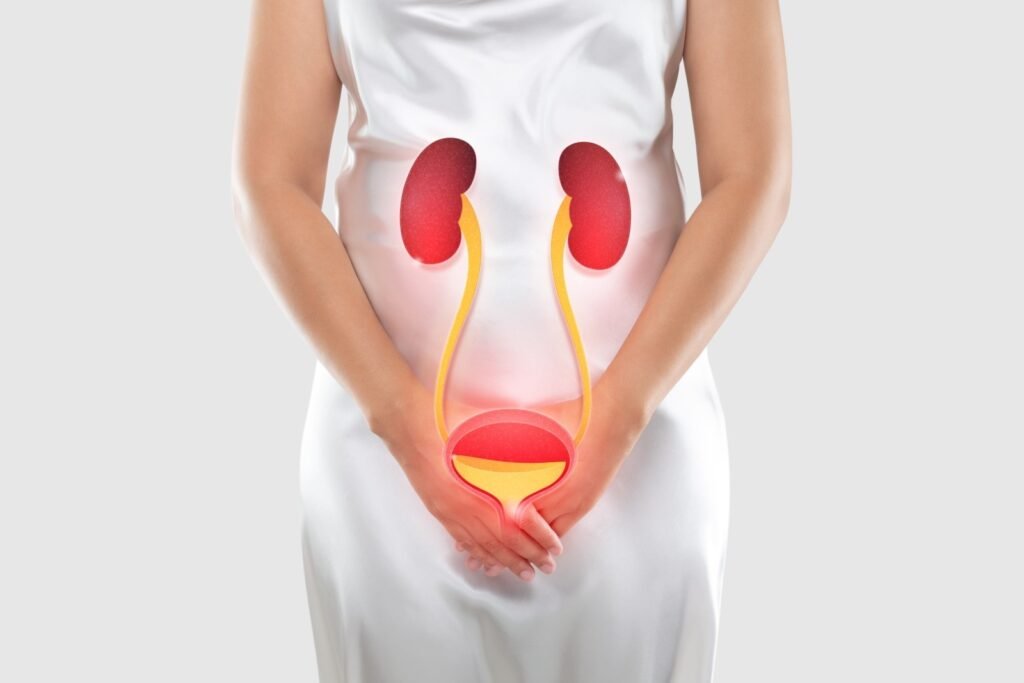
Urinary tract infections (UTIs) are a common health problem, affecting millions of people every year. While most UTIs are acute and can be treated with antibiotics, some individuals experience recurrent UTIs that don’t seem to go away. In some cases, recurrent UTIs could be a sign of a chronic UTI. Here’s what you need to know:
What is a chronic UTI?
A chronic UTI is a urinary tract infection that lasts for more than six weeks or occurs frequently over a period of several months. Chronic UTIs can be caused by bacteria that are resistant to antibiotics, or by other underlying health conditions such as diabetes or kidney stones.
Symptoms of a chronic UTI can include:
- Frequent urination
- Pain or burning during urination
- Blood in the urine
- Strong-smelling urine
- Pain in the lower abdomen or back
- Fatigue or malaise
- Fever or chills
Why do some people get recurrent UTIs?
Recurrent UTIs are common, particularly in women. Some factors that can increase the risk of recurrent UTIs include:
- Being female: Women are more likely than men to get UTIs because of their shorter urethra.
- Sexual activity: Sexual activity can introduce bacteria into the urinary tract.
- Birth control: Certain types of birth control, such as spermicides and diaphragms, can increase the risk of UTIs.
- Pregnancy: Changes in hormones and pressure on the bladder during pregnancy can increase the risk of UTIs.
- Urinary tract abnormalities: Some people are born with urinary tract abnormalities that increase the risk of UTIs.
- Urinary catheterization: People who use urinary catheters are at higher risk of UTIs.
- Immune system problems: People with weakened immune systems are at higher risk of UTIs.
When should you suspect a chronic UTI?
If you’ve had three or more UTIs in a year, or if your symptoms don’t go away after treatment with antibiotics, you may have a chronic UTI. Other signs that you could have a chronic UTI include:
- Recurrent UTIs with the same bacteria
- Antibiotic-resistant bacteria in urine cultures
- Symptoms that persist despite treatment
- Underlying health conditions that increase the risk of UTIs
How is chronic UTI diagnosed and treated?
Diagnosing a chronic UTI can be challenging, as the symptoms can be like those of acute UTIs. Your healthcare provider may recommend additional testing, such as a urine culture or imaging tests, to look for signs of chronic infection or underlying health problems.
Treatment for chronic UTIs can include a combination of antibiotics and other medications, such as anti-inflammatory drugs. In some cases, lifestyle changes such as drinking more water or avoiding bladder irritants may also be recommended.
In conclusion, recurrent UTIs can be a sign of a chronic UTI, a condition that can be difficult to diagnose and treat. If you suspect that you have a chronic UTI, talk to your healthcare provider about your symptoms and possible treatment options. With the right care, it’s possible to manage chronic UTIs and prevent future infections.
